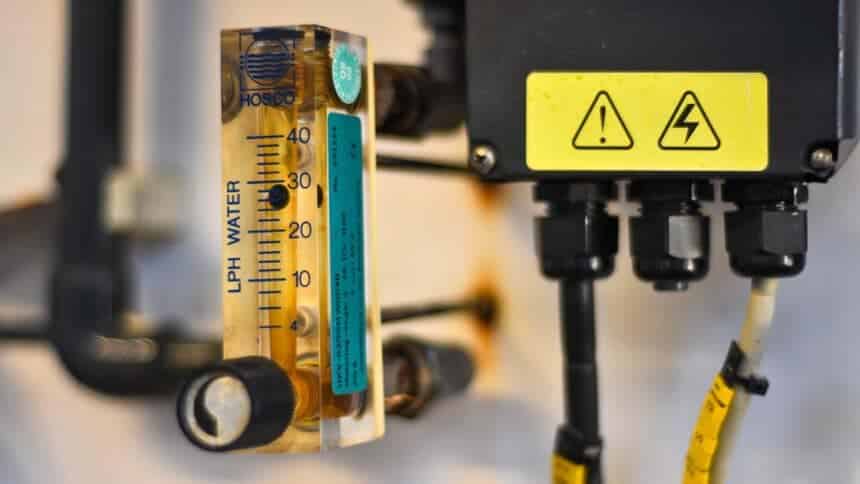Platform “reaffirms position”: projects “jeopardise Algarve’s future”
PAS, the Sustainable Water Platform, has been quick to register its “satisfaction” with the government’s announcement “regarding the proposal to exclude the projects of the Algarve Seawater Desalination Plant and the Pomarão Water Intake from funding through the Recovery and Resilience Plan (PRR)*”.
The decision “meets the concerns that PAS has been expressing regarding environmental impacts and the effectiveness of these infrastructures.
“However, taking into account that the government intends to seek alternative sources of financing for the implementation of these projects, PAS reaffirms its position against their implementation, for the following reasons:
- Principle of not causing significant damage to the environment: The proposals do not guarantee compliance with this fundamental principle, which may have negative consequences for local ecosystems and create new problems.
- Ineffectiveness in solving water scarcity: We consider that the projects do not effectively address the problem of water scarcity, and may even aggravate existing problems.
PAS adds that it will “maintain the same focus and level of intervention (meaning it will keep up its legal pressure) as long as measures that can contribute to reducing water scarcity are not implemented and institutionally prioritised for sustainable water management.
“We would remind you that there are other measures, already included in the PRR, which we consider essential to mitigate water scarcity and which should be prioritised. We do not know if these were reinforced in the recent reprogramming of the PRR.
“These measures include:
– Component 8 Forest – Landscape Transformation and Vulnerable Forest Territories: Initiatives aimed at restoring and protecting forest areas.
– Component 9 Water Management – Management Measures, Loss Reduction and Reuse (ApR): implementation of strategies to reduce losses, reuse water and systematically monitor consumption, including the inspection of unlicensed abstractions.
– Protection of underground aquifer recharge points, to ensure the natural recharge of aquifers, which are a strategic reserve for sustainable water management”.
PAS therefore calls on the government to prioritise these measures “guaranteeing an integrated and sustainable approach to the management of national water resources”.
PAS is not the only entity fighting the desalination project – there are private individuals, a real estate company and the Quarpesca association of Quarteira fishermen: all cite the environmental damage that the desalination plant poses, without sustainably ‘reinforcing’ the region’s water supply.
The problem with desalination plants – beyond the fact that the one planned for Albufeira will channel tons of extracted brine and chemical sludge out to sea 24/ 7- is that they are extremely heavy on energy – and the ‘drinking water’ produced is thus incredibly expensive for the end consumer.
In the case of the plant planned for Albufeira, the end consumer will be ‘the public’ supplied by mains sources, while properties on boreholes – and agriculture – will still be free to draw water this way, essentially receiving it ‘free of charge’.
PAS is made up of associations and NGOs: A Rocha Portugal, Água é Vida, AlBio- Associação Agroecológica do Algarve, Almargem-Associação de Defesa do Património Cultural e Ambiental do Algarve, CIVIS-Associação para o Aprofundamento da Cidadania, Ecotopia-Associação Ambiental e de Desenvolvimento Sustentável, FALA-Fórum do Ambiente do Litoral Alentejano, Faro 1540-Associação de Defesa e Promoção do Património Ambiental e Cultural de Faro, Glocal Faro, LPN-Liga para a Protecção da Natureza, Probaal-Associação para o Barrocal Algarvio, Quercus-Associação Nacional de Conservação da Natureza, the REGAR group and ZERO – Associação Sistema Terrestre Sustentável.
*PRR is funded by Brussels, under strict guidelines, including timings.




















